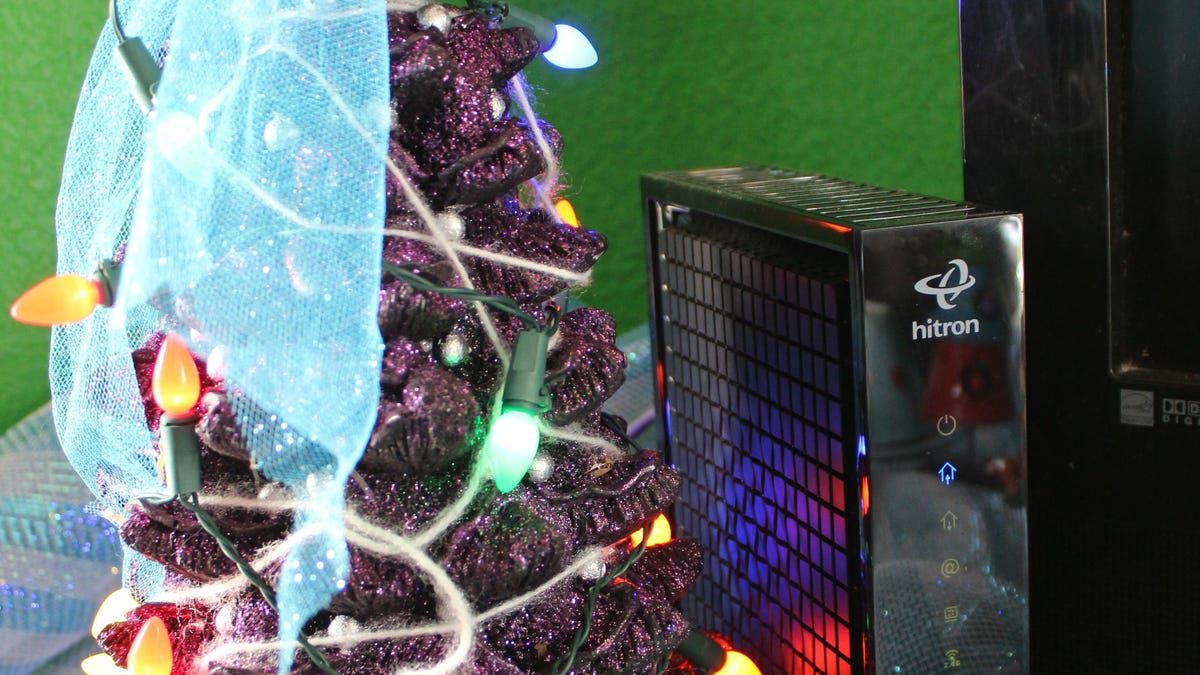Can Christmas lights slow down your Wi-Fi?
We put the yearly rumor to the test.

Every year, someone suggests that Christmas lights can interfere with your Wi-Fi signal. This year, Ofcom, an independent regulator for the UK communications industries (and maker of a Wi-Fi-related app), vaguely suggested that Christmas lights may slow down your Wi-Fi signal and everyone went nuts. Is it true? I decided to put it to the test.
The science
Wi-Fi uses radio waves. Christmas lights emit a very weak electromagnetic field that can, theoretically, interfere with the radio waves being transmitted from your router. The more lights, the stronger the electromagnetic field. Also, the closer the lights are to the router, the more it may interfere with the Wi-Fi.
Stuart Lipoff, fellow of the Institute of Electrical and Electronics Engineers Fellow Program and communications technology consultant, says how you're affected really comes down to what type of Christmas lights you use. "The older technology that was used to make the lights blink can indeed cause radio interference. In this case, the lights were arranged into a string of small low voltage incandescent lamps in series with each other. The total number of lamps in the string were such that the combined voltage of all of them was equal to the 110 volts in a typical US home.
The most modern Christmas tree lights are based on solid-state LEDs and often use an external electronic flashing controller and do not create radio noise. However, there are some LEDs that have an additional blink controlled chip right inside the LED bulb. It turns out that these devices also create significant radio interference as this internal controller cycles the LED chip from on to off. The reason is somewhat analogous to the spark problem in incandescent blinker bulbs in that when the LED is between fully on and fully off it can exhibit negative resistance that causes it create radio energy."
The test
Let me first note that this isn't a scientific test and Internet speeds fluctuate, so these results aren't conclusive. Before I put up my lights, I ran a speed test on my laptop. My download speed was 128.07 Mbps and my upload speed was 8.3 Mbps.
After I put LED lights on my house and hoisted lights onto the Christmas tree, my download speed was 124.83 Mbps and my upload speed was 7.82 Mbps. So, there was a variance, be it ever so slight. My router was right next to the tree (an 8-foot tree covered in three strands of lights) and near a window for maximum exposure, so I expected more from the test.
My Internet speeds are better than most, so the variance isn't a big deal. For those with slower Wi-Fi, the drop will be more noticeable, but overall, most people don't need to worry about their Christmas lights interfering with their WiFi as long as they don't wrap the router box in lights or don't have older-style lights.
Want to run the same test? I used Speedtest by Ookla.

